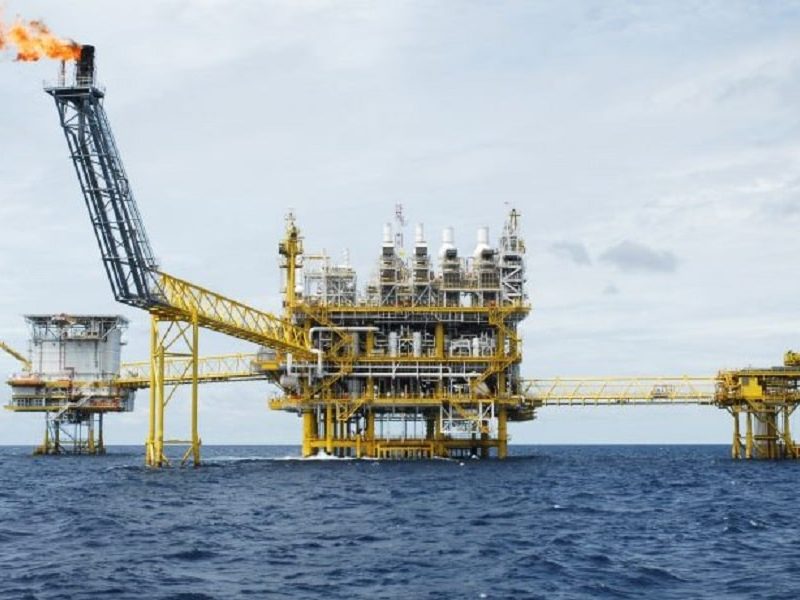
The Role of Offshore Oil and Gas Analytics in Shaping a Sustainable Future
Offshore oil and gas analytics exploration has long been a cornerstone of the energy industry, providing a substantial portion of the world’s energy supply. As technological advancements propel the industry into deeper waters and more complex environments, the need for sophisticated analytics has become increasingly crucial. In this article, we explore the significance of offshore oil and gas analytics, how it is transforming operations, and its pivotal role in creating a sustainable future for the industry.
The Complexity of Offshore Operations
Offshore exploration and production present unique challenges compared to their onshore counterparts. Operating in remote and often harsh environments, companies face complexities related to safety, environmental impact, and operational efficiency. Analytics emerges as a powerful tool to navigate these challenges, offering insights that drive informed decision-making and optimization of offshore activities.
Risk Mitigation
Offshore operations are inherently risky. Unpredictable weather patterns, challenging sea conditions, and technical complexities increase the likelihood of incidents. Analytics enables real-time risk assessment, helping companies identify potential hazards and implement preventive measures, thereby enhancing safety and minimizing the probability of accidents.
Operational Efficiency
Analytics optimizes offshore operations by providing insights into equipment performance, production rates, and resource utilization. Real-time monitoring allows for proactive maintenance, reducing downtime and maximizing operational efficiency. This is particularly crucial in the offshore environment, where interruptions can be costly and logistically challenging.
Environmental Impact Monitoring
Sustainability is a growing concern in the energy sector, and offshore operations are under increasing scrutiny. Analytics plays a vital role in monitoring and managing the environmental impact of offshore activities, including tracking emissions, assessing the health of marine ecosystems, and ensuring compliance with stringent environmental regulations.
Resource Optimization
Offshore reserves are finite, and optimizing resource extraction is paramount. Analytics provides a comprehensive view of reservoir conditions, enabling companies to make data-driven decisions on extraction techniques, reservoir management, and the overall optimization of offshore resources.
Condition-Based Maintenance
Offshore platforms and equipment endure harsh conditions, making maintenance a critical aspect of operations. Offshore oil and gas analytics facilitate condition-based maintenance, allowing companies to monitor the health of equipment in real-time. This not only extends the lifespan of assets but also reduces unnecessary maintenance costs.
Subsea Analytics
With the expansion of offshore activities into deeper waters, subsea analytics has become a specialized field. This involves monitoring and analysing data from subsea infrastructure, such as pipelines and wellheads, to ensure their integrity, prevent leaks, and optimize subsea production.
Offshore oil and gas analytics represent a paradigm shift in the industry, offering a transformative approach to addressing the unique challenges posed by offshore exploration and production. As the industry evolves, analytics will continue to be a driving force in enhancing safety, operational efficiency, and environmental sustainability. By embracing advanced analytics technologies, the offshore oil and gas sector is not only navigating the complexities of its current operations but also laying the groundwork for a more sustainable and resilient future.




